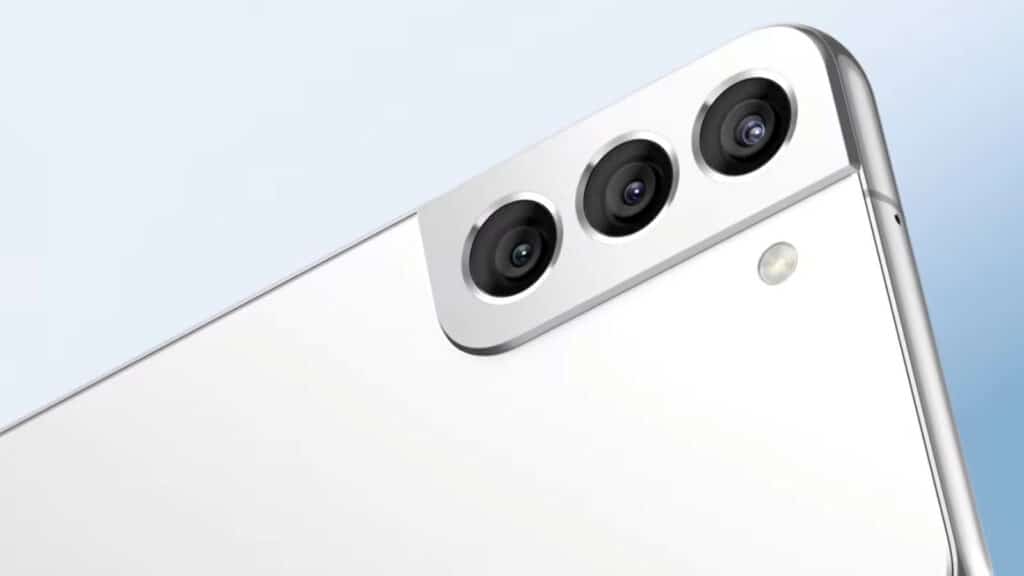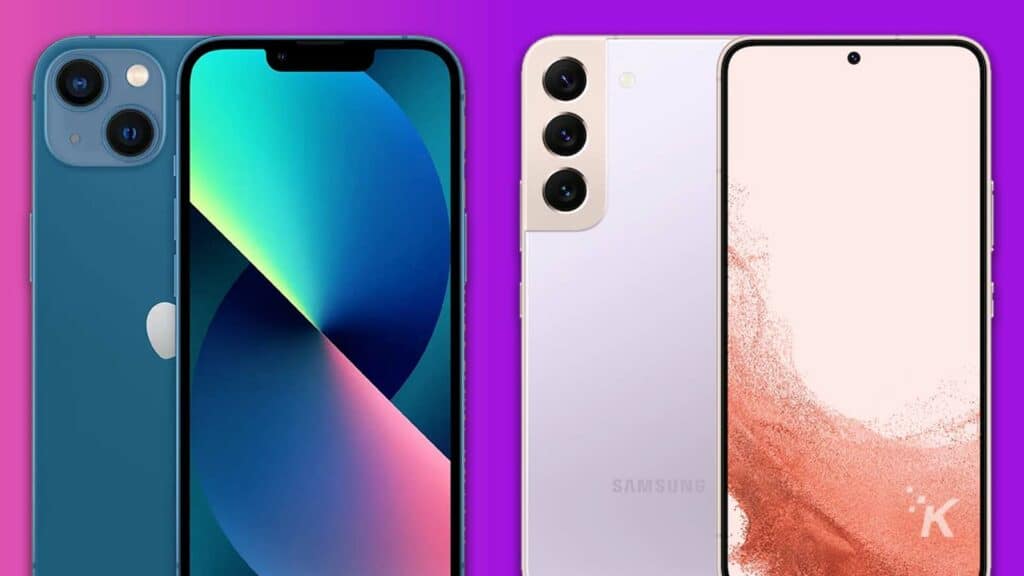It’s no secret that the consumer tech world marches to the beat of Apple’s drum. As the world’s biggest technology company and a highly-desirable brand, Apple’s influence is undeniable.
But where does the line between influence and plagiarism end? It’s a tough question. There is no shortage of products that are blatant rip-offs of Apple’s kit. A cursory glance at Ali Express’ technology section shows this.
The best example I can think of is eMachine’s eOne, an inferior iMac G3 that lasted for a mere seven months before Cupertino’s legal eagles kicked it from the market.
But some examples cited as shameless copies are more ambiguous. Take the Samsung Galaxy series, which Apple marketing exec Greg Joswiak, described as a “poor copy” of the iPhone, albeit with a bigger screen.
“They ripped off our technology”

“[Samsung] were annoying,” said Joswiak, speaking to the Wall Street Journal’s Joanna Stern.
“And they were annoying because, as you know, they ripped off our technology. They took the innovations that we had created and created a poor copy of it, and just put a bigger screen around it. So, yeah, we were none too pleased.”
The Samsung Galaxy S-series is the Android equivalent of the iPhone. It’s broadly equivalent in price, with its highest-end models positioned as a luxury device. Just like the iPhone.
And it competes on the same benchmarks. Battery life. Imaging. Performance. Just like the iPhone.
And admittedly, Apple has previously litigated this issue in court. In 2011, it launched proceedings against Samsung, accusing the company of patent infringement. A judge awarded Apple $1bn in damages.
A subsequent retrial lowered these damages, and both parties settled out of court in 2018.
But that’s hardly evidence of, as Joswiak states, Samsung intentionally creating a “poor copy” of the iPhone.
What makes a copy?

Technology patents are messy. People can — and do — file patents for the vaguest of “innovations.” And yes, I deliberately put that in quotation marks. If you’re curious, the EFF has a really good exploration of the issue here.
Unscrupulous companies, often described as “patent trolls,” buy these patents and use them to extort unearned license fees and penalties from technology companies. It’s an incredible grift that has made a handful of shysters obscenely rich at the expense of consumers and actual innovators.
To be clear though, I’m not accusing Apple of being a patent troll. Nor am I dismissing the value of Apple’s patents. I’m simply saying that the existence of a patent dispute is not enough to determine malicious intent.
Although earlier Samsung bore a striking similarity to the iPhone — notably the Galaxy S4, which mirrored the iPhone in the placement of its home button — both companies have diverged significantly in terms of industrial design and technology since then.
Samsung has invested a lot of work into pen-based inputs, something ignored by Apple since the debacle of the Newton PDA. The company has experimented with larger form factors, ultra-high megapixel imaging, curved screens, and beat Apple in the race to launch a 5G device.
They’re different companies, with different ethoses and different approaches to design and development.
More to the point, does it really matter if Samsung “ripped off” the iPhone? Partisans on both sides of the fanboy aisle can litigate the differences and similarities between both smartphone lines, but to the average consumer, it’s a matter of zero relevance.
Have any thoughts on this? Let us know down below in the comments or carry the discussion over to our Twitter or Facebook.
Editors’ Recommendations:





